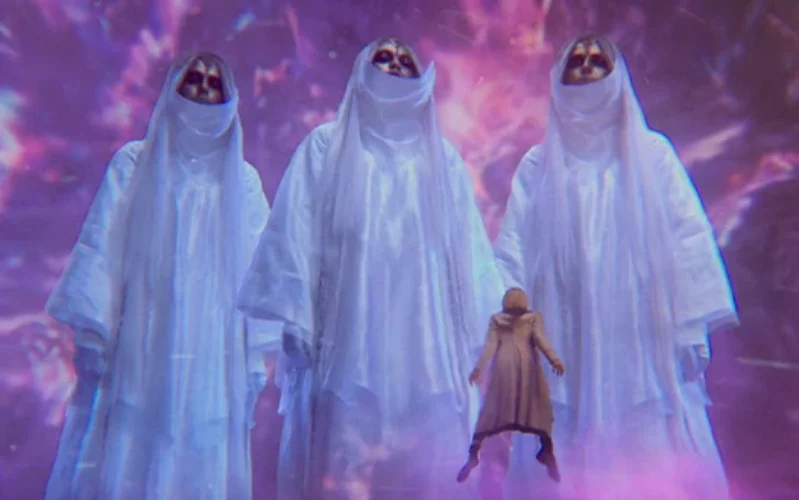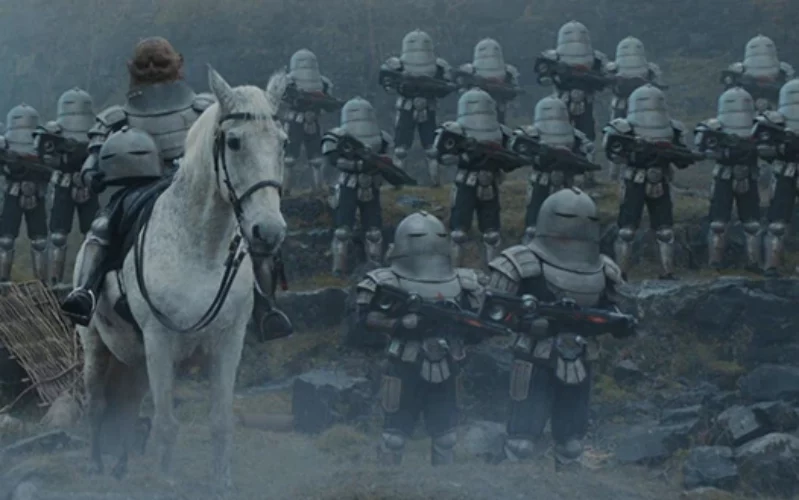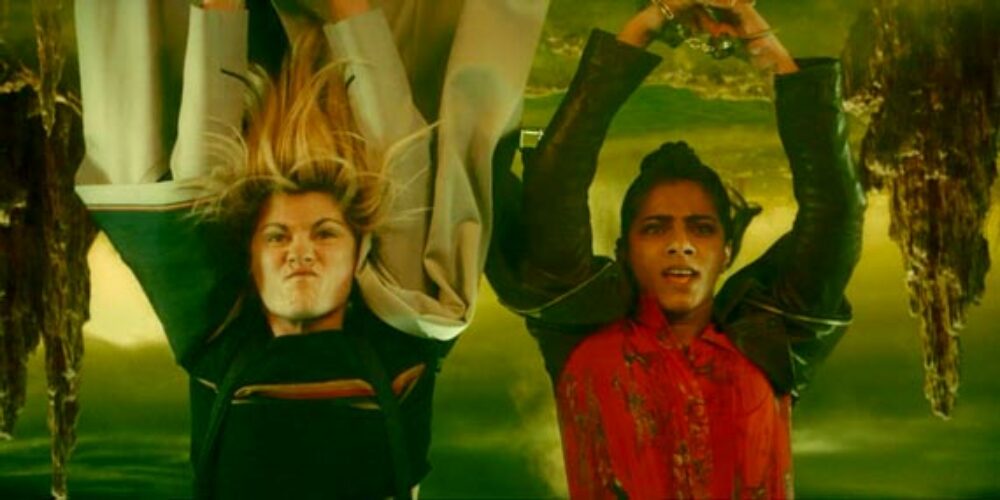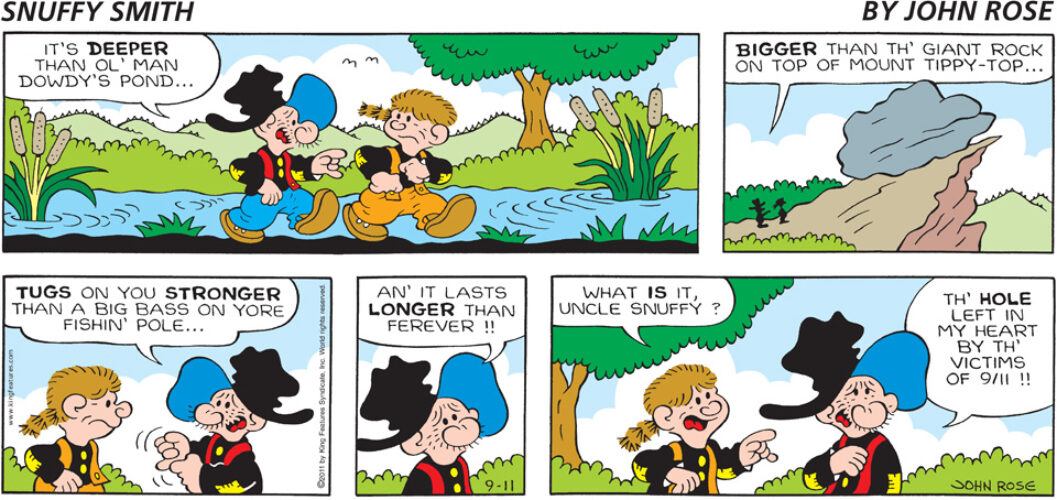Pop Could Never Save Us: Blackboard Jungle (1955)
Holly and James, your preferred podcast pals, kick into their pop music movie series with this slice of shitty-school-sploitation that rocketed Bill Haley up to the stars. Using his rendition of Rock Around the Clock to open and close proceedings, the film is less a cheerful teen pleaser than a serious look at the failing state of an inner city New York school and the man (Glenn Ford) tough enough to get through to these damn kids, including the magnetic Sydney Poitier and brilliant Vic Morrow (later sadly helicopter murdered by John Landis on the set of the Twilight Zone movie).
https://podcasts.apple.com/gb/podcast/bonus-you-aint-got-no-blackboard/id1665362470?i=1000671468159
Holly and James talk about the movie after a newsreel segment including a furious Holly talking about Chapell Roan’s abuse, a jubilant look at Sean Combs’ incarceration, and sending Kris Kristofferson to pop Valhalla.
They analyse the film’s politics, look at the story of teddy boys incited to mad carnage by the raw, pumping sounds of Bill Haley and admire Poitier’s performance, and the psychological hold that Freud had on child-rearing for so long.
For an in-depth look at Haley’s most famous recording, we recommend Andrew Hickey.
Next up will be a traditional run down of the top 5 songs in the British charts, and then things get a bit fab up in here, with A Hard Day’s Night, the 1964 film about a reliable British public transport system. …








